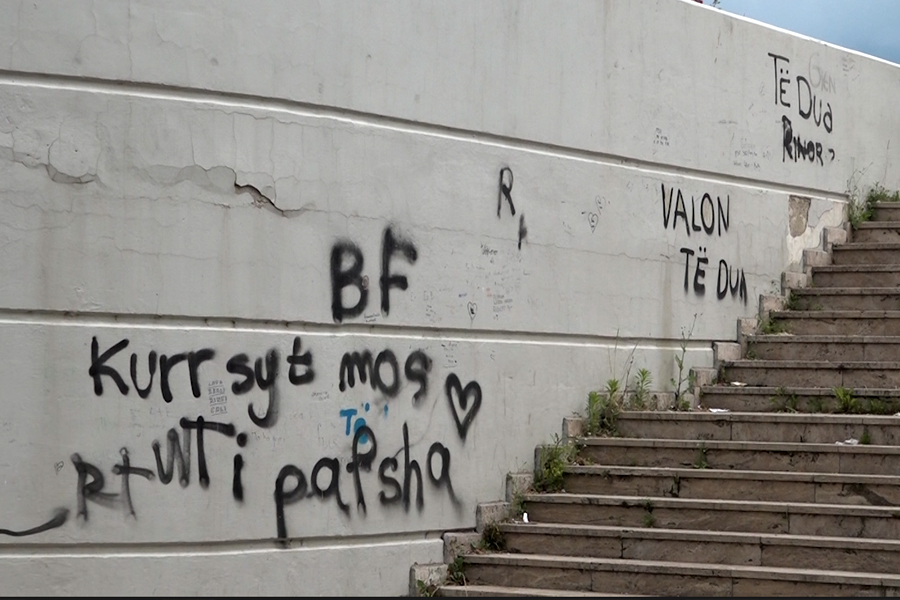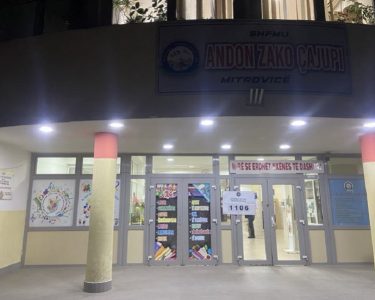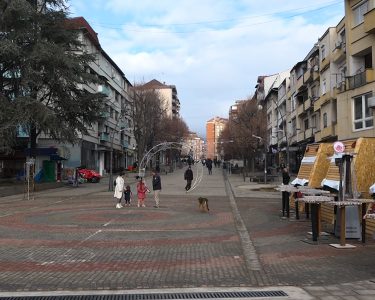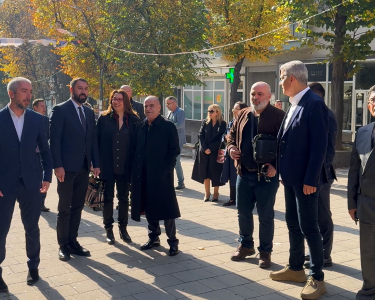Love stories from the most diverse, written on the walls of the main bridge of the river Ibri in Mitrovica, mostly by high school students, are the best version of self in young people when they fall in love with each other, or when they argue with each other.
“May I never see your eyes again”, “I love you even though you are not mine”, “You will regret it, trust me” and many other similar inscriptions, are just some of the many messages that citizens can see at the Ibri bridge, which reflect the feelings of these young people in certain situations.
Sumea Haziri, a first-year student at the Faculty of Computer Sciences, tells KosovaPress that such inscriptions are momentary feelings among young people, which they express in that form.
Eris Beqiri, a student of the eleventh grade of the “Hasan Prishtina” school in Mitrovica, said that some young people show their feelings through these inscriptions.
He mentioned the Ibri bridge as the most suitable place for lovers to leave messages to each other, since this place is the most frequented by them.
Even Rona Musliu, a student of the tenth grade, has admitted that the Ibri bridge is the place where young lovers mostly go and leave messages for each other there.
She revealed that lovers among themselves easily identify the message that belongs to them, since they use special codes or signs that only they know and understand.
Meanwhile, psychologist Artan Fejza said that such inscriptions in public places by young people in the psychological context are a catharsis of their feelings, which they consider to be in the interest of venting these feelings they have.
According to him, the vast majority of these inscriptions come from people who are of early maturity, although as he said, they are not the only ones who can judge like this.
He added that the authors of these inscriptions do not regret these deeds, as long as they are anonymous.
On the other hand, Ramadan Beshiri, sociologist, said that from the point of view of novelists, bridges are used as a metaphor for a connection between two people.
The Ibri bridge, he added, even though it symbolizes a dividing identity, enables young people of both ethnicities, each in their own part, as a result of intimate meetings, to leave traces with writings in certain places, which remain in their memory as an expression of love.
Sociologist Beshiri mentioned the people who make murals and graffiti, among whom he said that there is a worldview that the walls speak and therefore if someone writes ‘I love you’, it means that the wall is speaking with the sensitivity of the author of this sentence. He believes that this is the message of young people as well.








